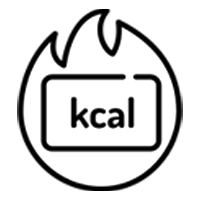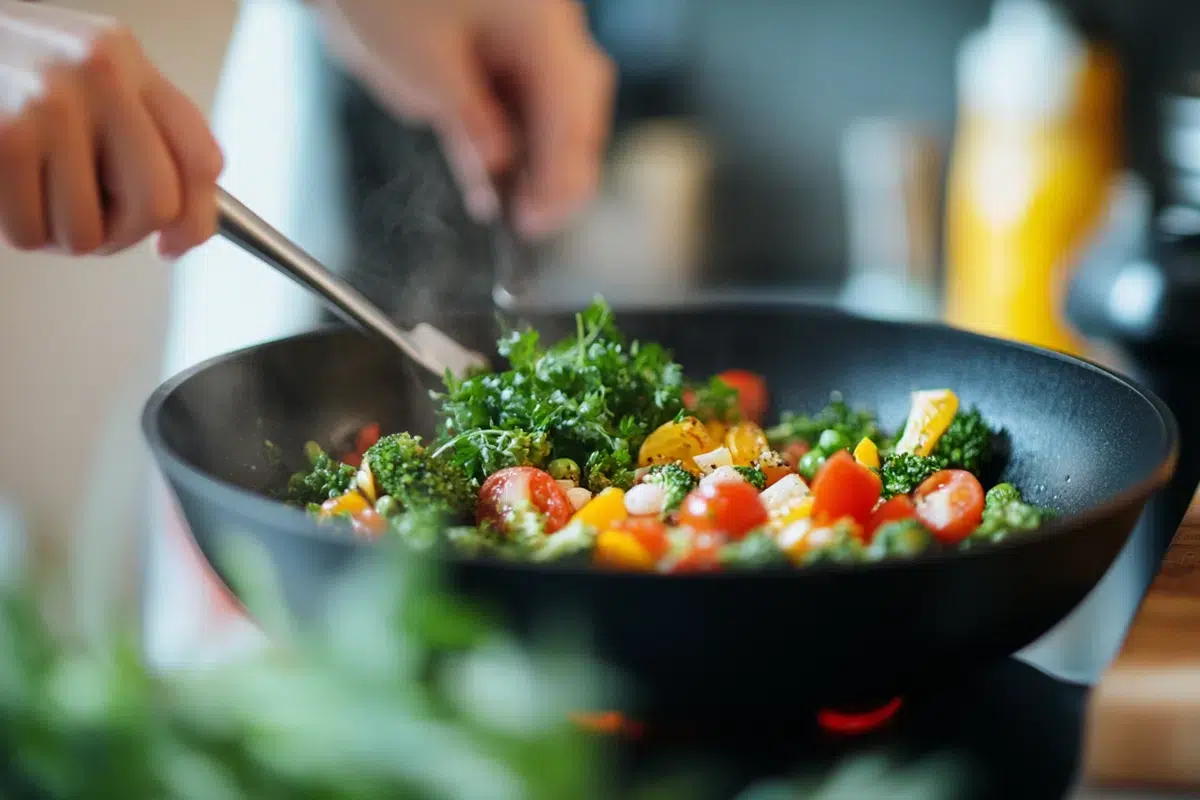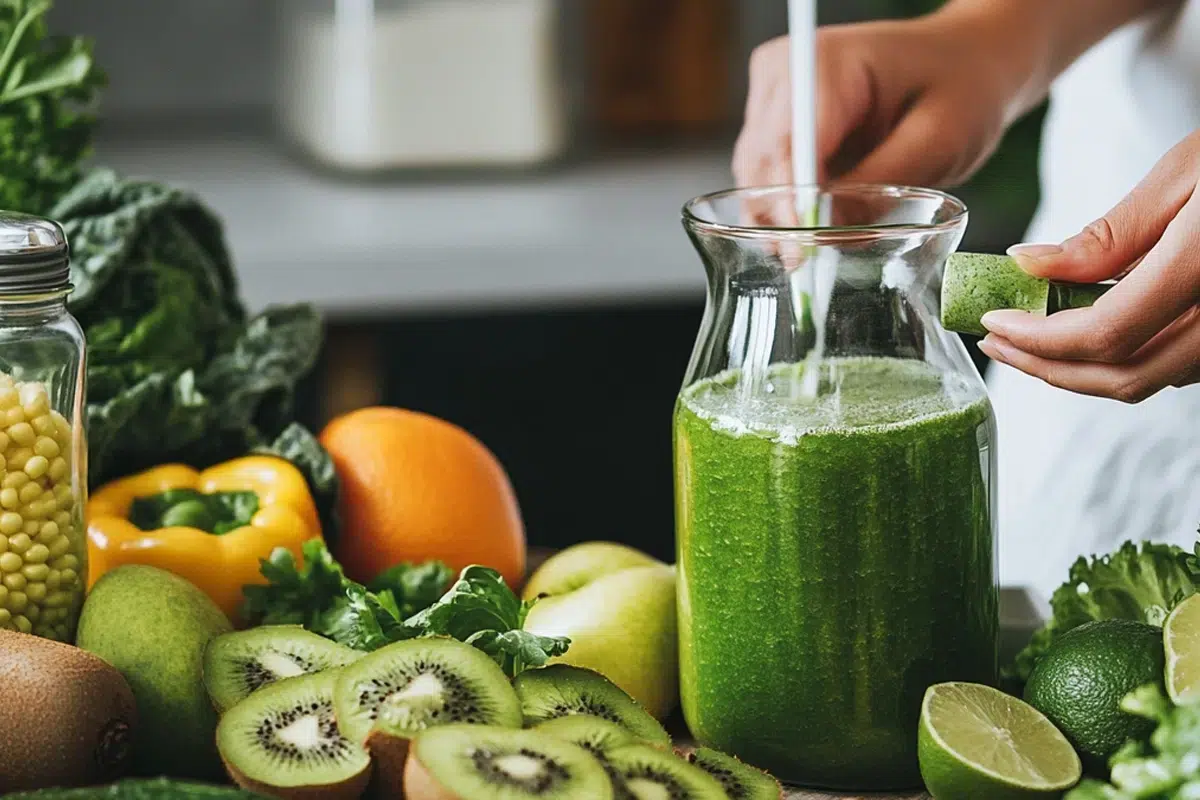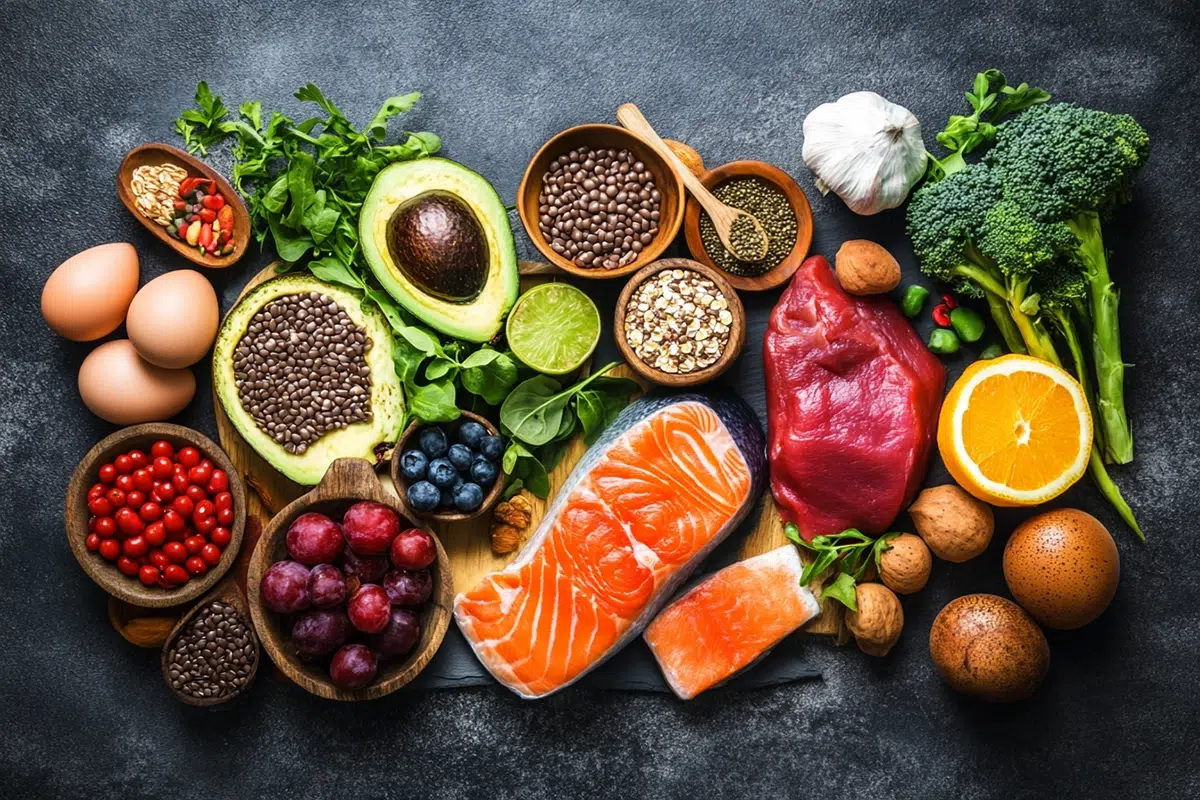Show summary Hide summary
How many calories do we burn playing basketball?
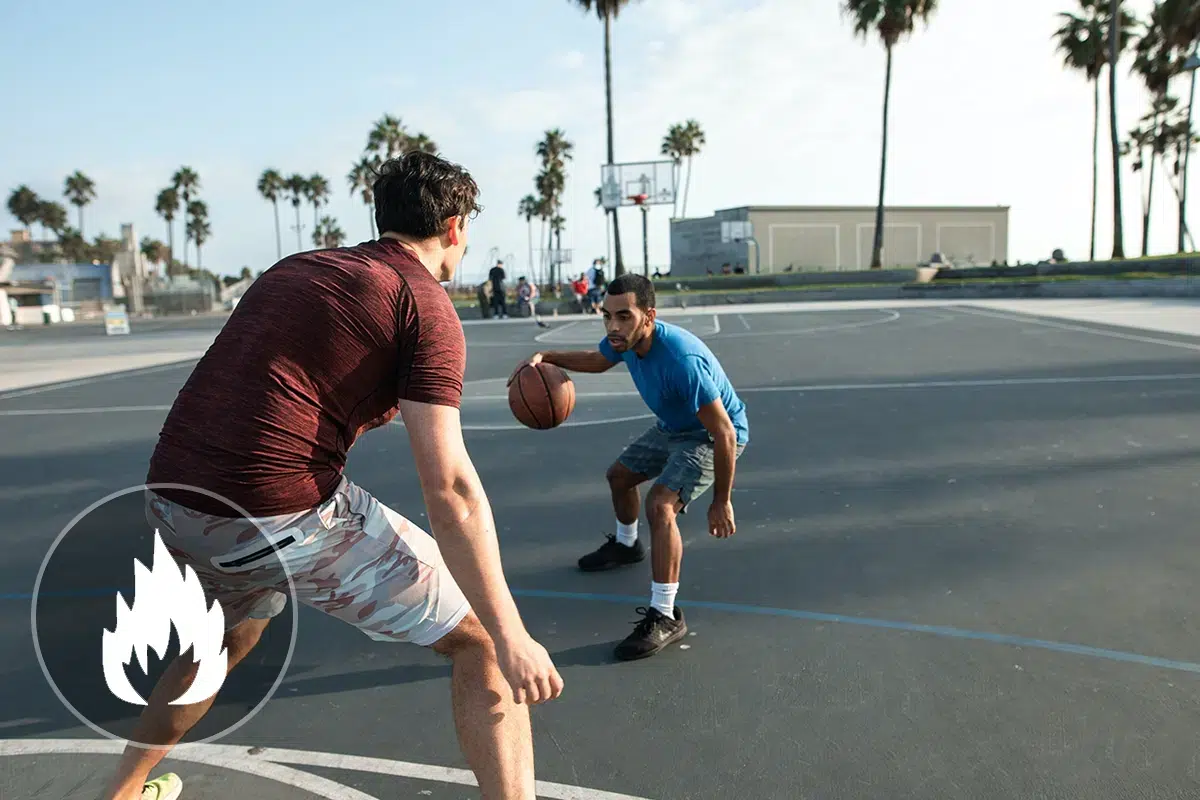
Everything you need to know about basketball
Want to find out how many calories are burned playing basketball for 30 minutes or 1 hour? Enter your profile and let our calculator give you a result.
Find other REGIVIA calculators:
Basketball: A few examples of energy expenditure depending on weight and activity time.
Use the table below to see how many calories you lose playing basketball!
Basketball
Recreational
Expenditure in Kilocalories
| Weight | 15 minutes | 30 minutes | 1 hour |
|---|---|---|---|
| 40 kg | 63 | 126 | 252 |
| 50 kg | 79 | 158 | 315 |
| 60 kg | 95 | 189 | 378 |
| 70 kg | 110 | 221 | 441 |
| 80 kg | 126 | 252 | 504 |
| 90 kg | 142 | 284 | 567 |
Basketball
Competition
Expenditure in Kilocalories
| Weight | 15 minutes | 30 minutes | 1 hour |
|---|---|---|---|
| 40 kg | 84 | 168 | 336 |
| 50 kg | 105 | 210 | 420 |
| 60 kg | 126 | 252 | 504 |
| 70 kg | 147 | 294 | 588 |
| 80 kg | 168 | 336 | 672 |
| 90 kg | 189 | 378 | 756 |
See the detailed calculations and metabolic equivalent for basketball
Everything you need to know about basketball
FIND OUT MORE ABOUT BASKETBALL
Basketball originated in the United States, in Massachusetts to be precise, at the end of the 19th century. Today, it has become one of the most talked-about sports in the media, and also the one that generates the most money.
A veritable sports business, with the NBA in particular generating considerable turnover and incredible TV exposure, over the years it has succeeded in inspiring young people to take up the game, and is now played on every continent.
Some benefits of playing basketball:
- Improved physical fitness: Basketball is a sport that involves the whole body. It improves cardiorespiratory endurance through sprints, rapid changes of direction and constant movement around the court. It also develops muscular strength, agility, coordination and balance.
- Muscle strengthening: Basketball exercises the muscles of the legs, arms, trunk and back. Jumping, dribbling, passing and shooting help to strengthen these muscles and improve their power. Active defence also requires increased muscular strength.
- Coordination and agility : Basketball requires precise coordination between hand, foot and body movements. Dribbling, passing and shooting require hand-eye coordination and agility to move quickly and efficiently around the court.
- Improving cognitive skills: Basketball is a sport that stimulates cognitive skills, such as quick decision-making, concentration, anticipation and problem-solving. Players have to react quickly to changing situations in the game and make strategic decisions in real time.
- Team spirit and socialisation: Basketball is a team sport that fosters team spirit, communication and cooperation. Players learn to work together, support each other and develop strong bonds. It also encourages socialisation and interaction with other players.
- Stress management : Basketball is an excellent way to release stress and relax. Intense play and physical exercise promote the release of endorphins, the feel-good hormones, which can reduce anxiety, improve mood and encourage better stress management.
In conclusion, basketball is a dynamic, all-round sport that offers numerous physical, mental and social benefits. It improves physical fitness, strengthens muscles, develops coordination and agility, stimulates cognitive abilities, fosters team spirit and socialisation, and helps to manage stress. Whether you play recreationally or competitively, basketball is an excellent activity for staying fit, having fun and developing athletic skills.
How to calculate the number of calories burned playing basketball
The result displayed is expressed in Kcal and is calculated using the MET (Metabolic Equivalent of Task). The MET for each activity is the result of statistical data and cannot therefore be interpreted as an exact calculation, but rather as an estimate that takes into account the MET value and the ratio between the time spent doing an activity and the weight of the individual.
For example: The MET value for basketball (recreational) is 6. This means that a person practising basketball consumes 6 times more energy than at rest during the session.
MET values for different levels of basketball intensity
- Recreational basketball MET = 6
- Competitive basketball MET = 8
Discover the detailed formula to calculate your daily energy expenditure while playing basketball
Consumption in Kcal per minute = (MET*3.5*Weight in kilos)/200
This gives for a person weighing 60 kilos playing basketball for 30 minutes:
Consumption in Kcal per minute = (6*3.5*60)/200 = 6.3 Kcal/min
So for 30 minutes = 6.3*30 = 189 kcal for 30 minutes
All sports in detail!





